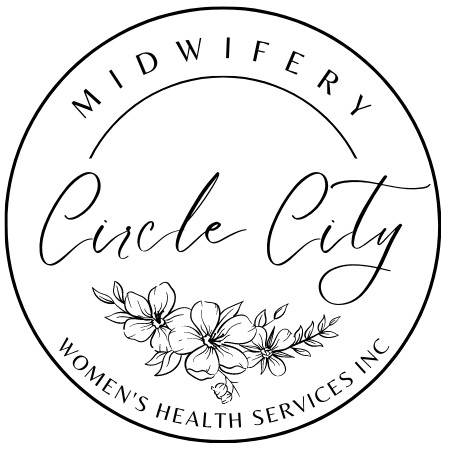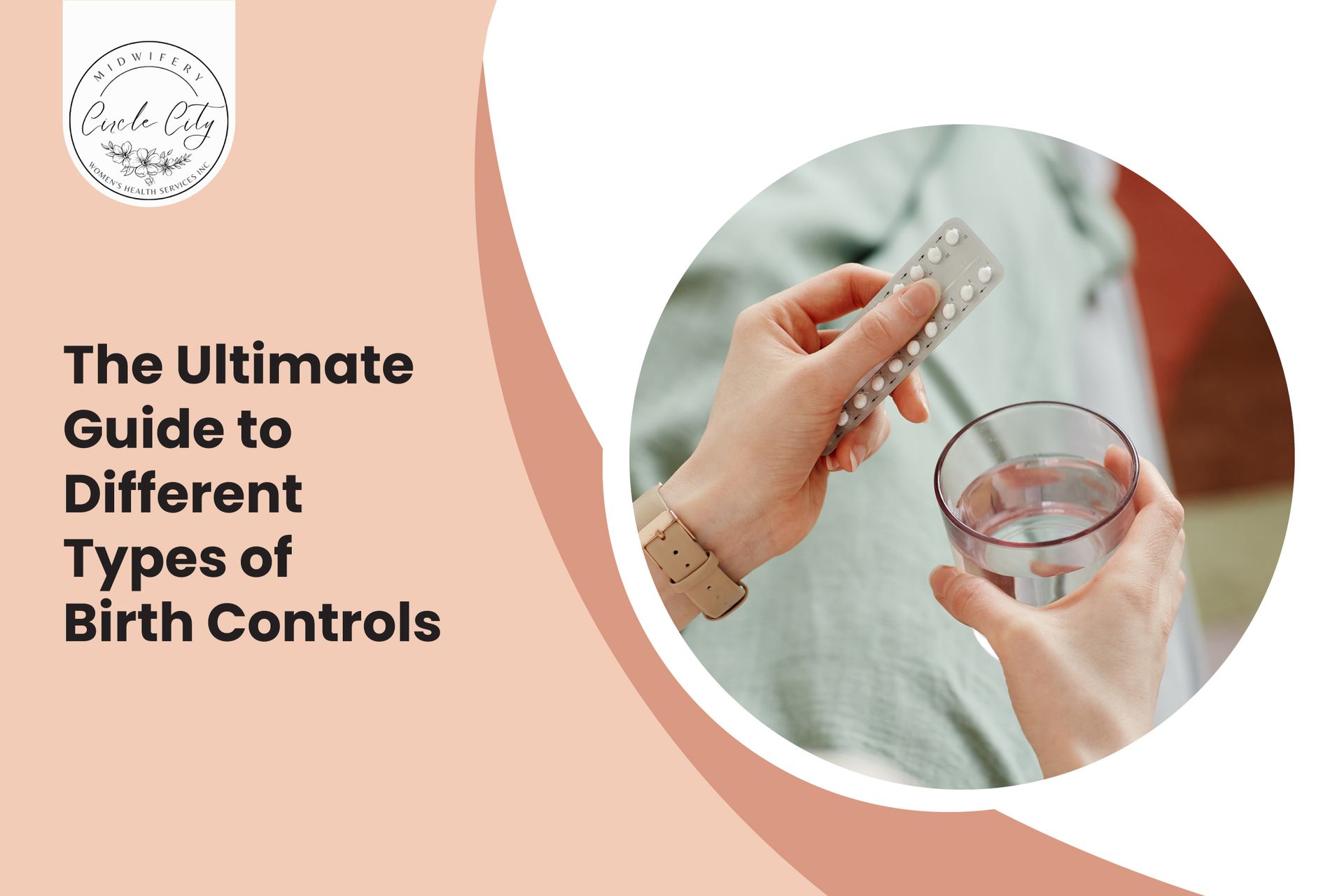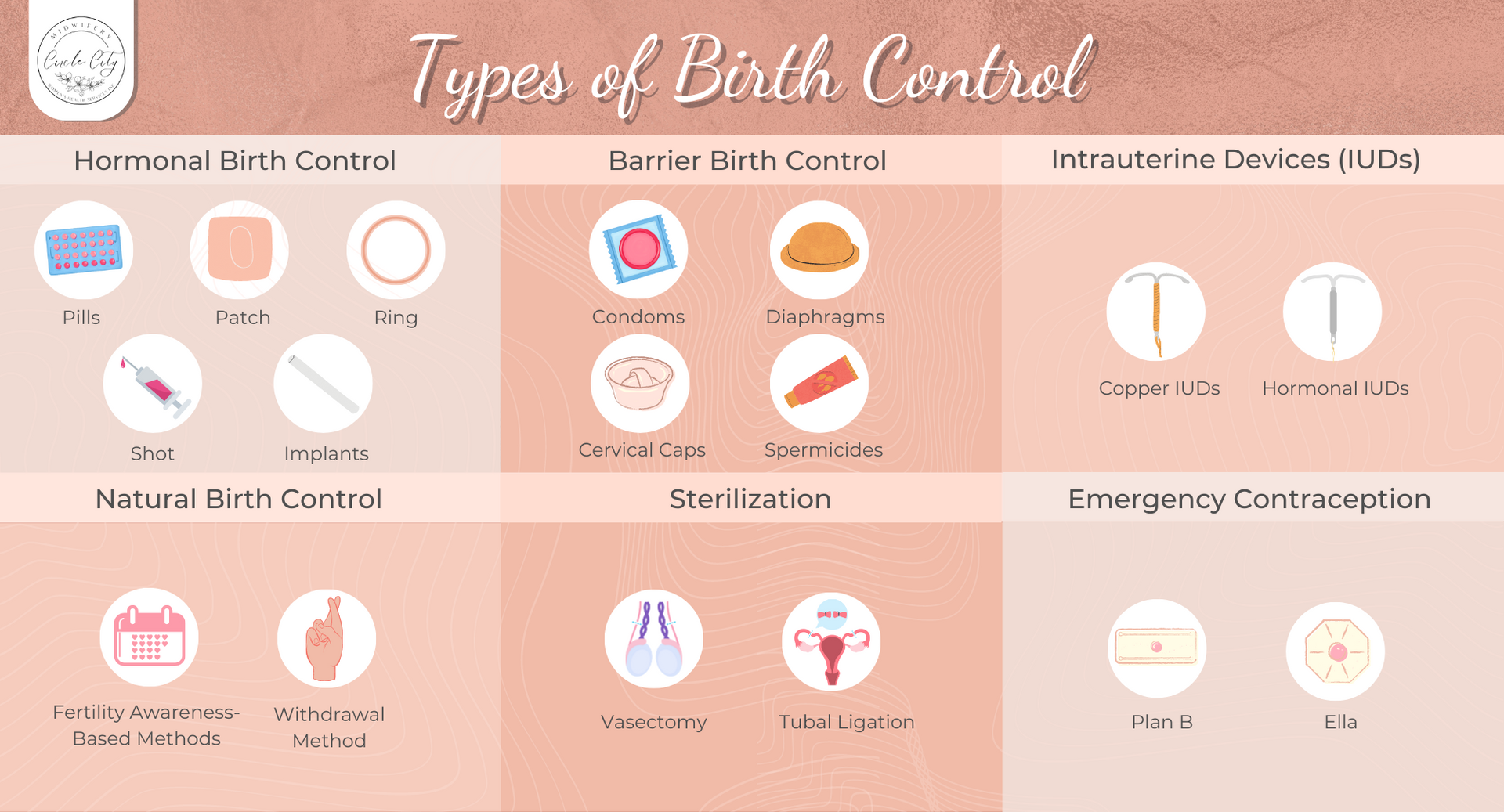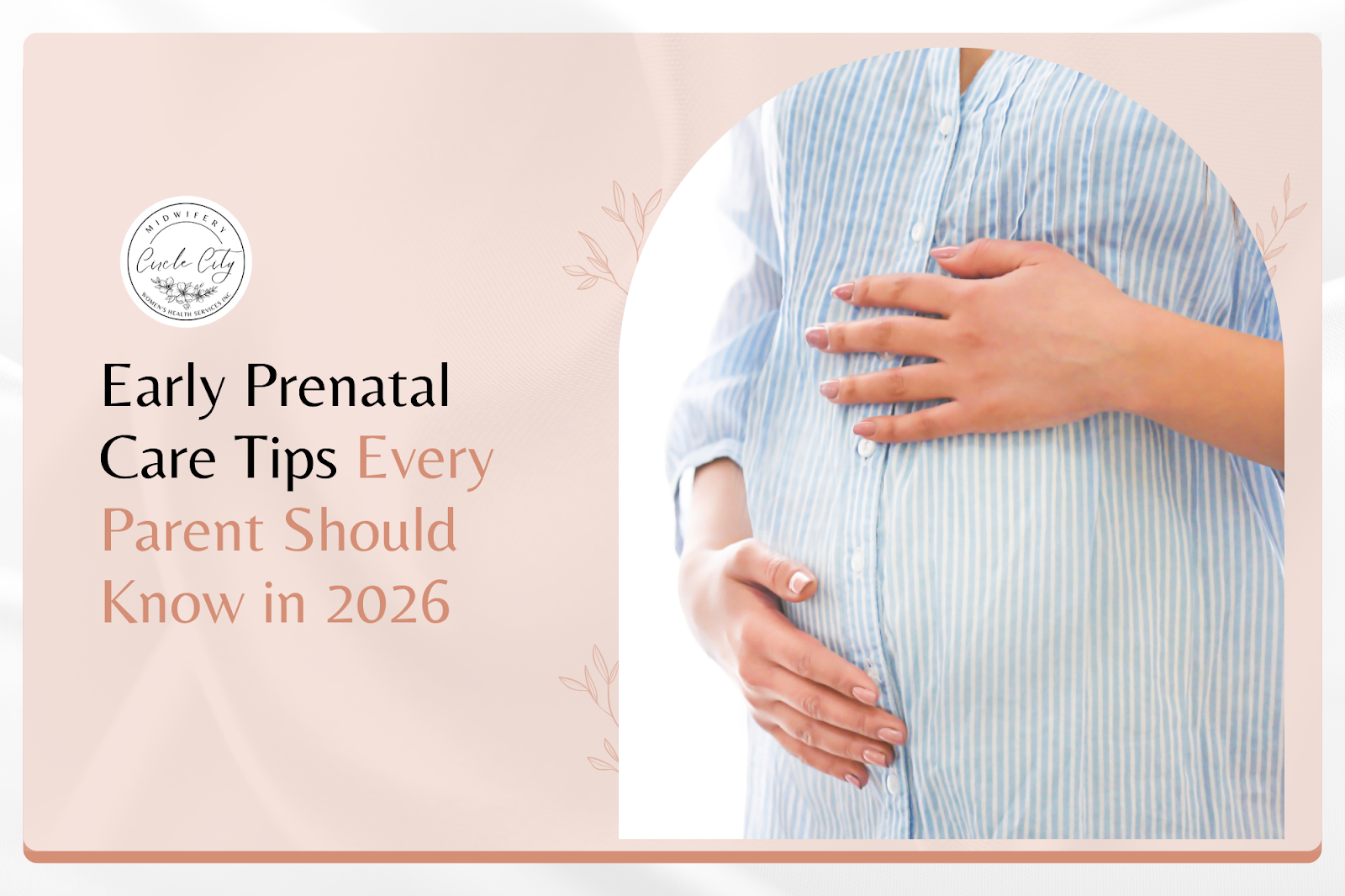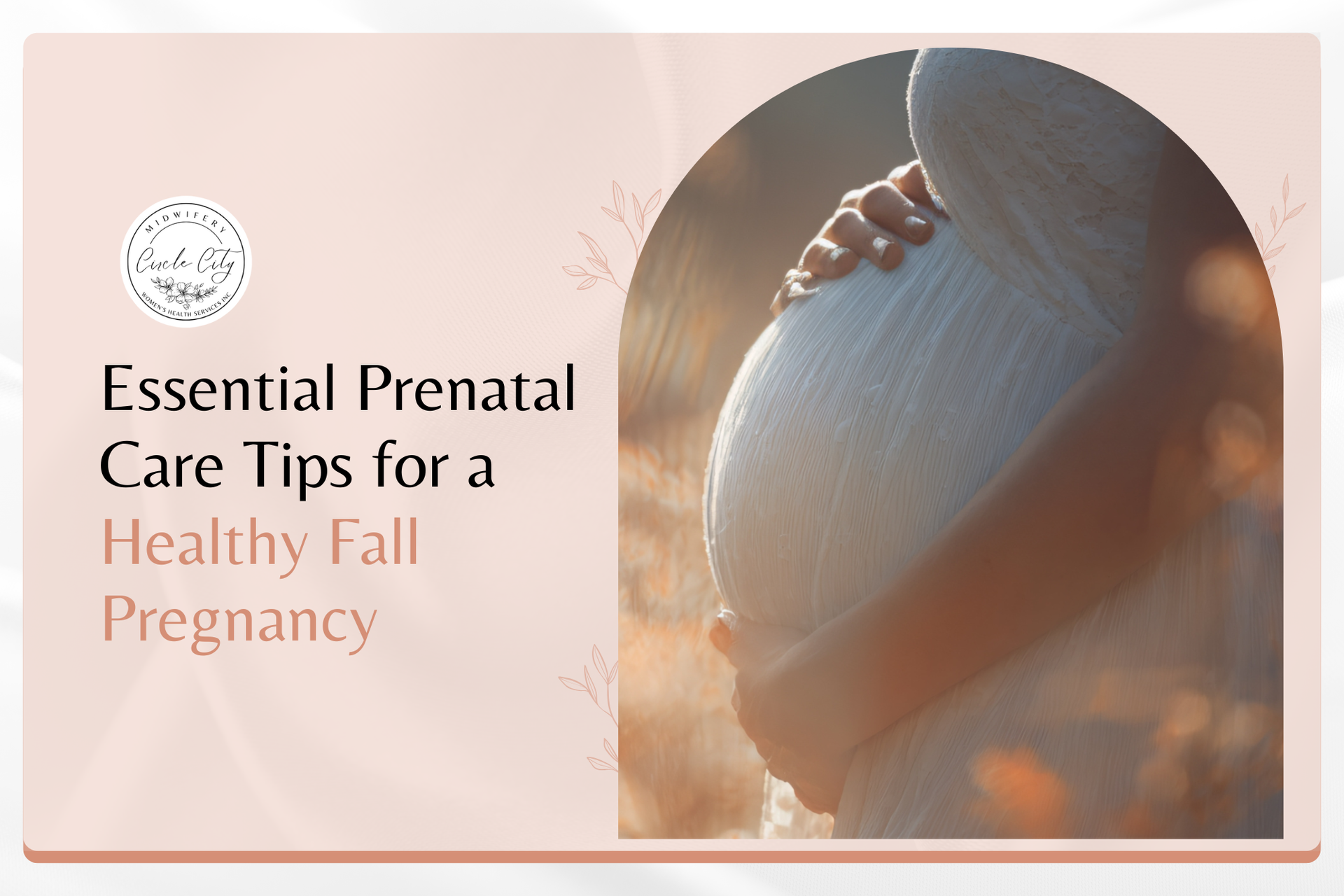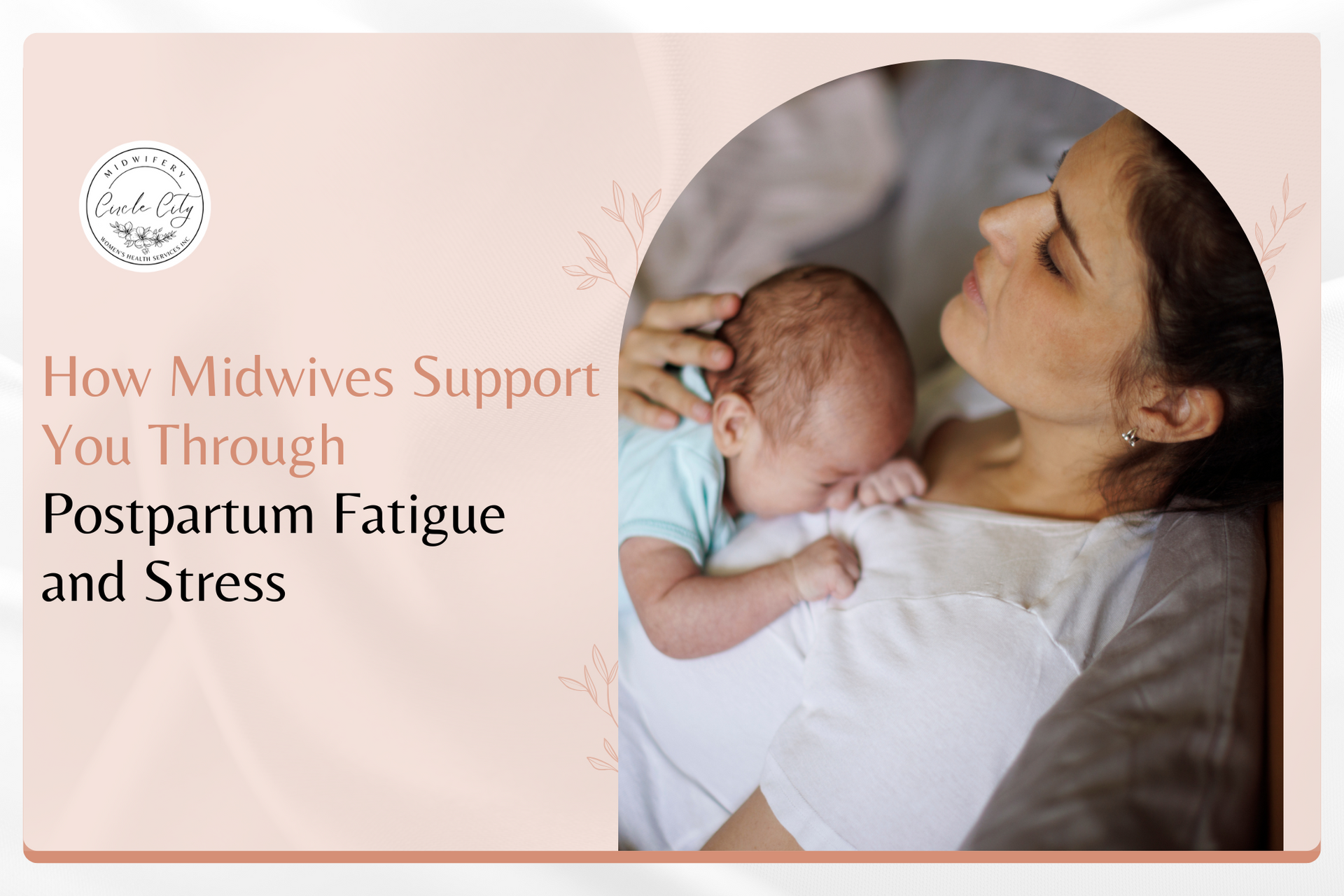Birth control is any method or technique that is used to prevent pregnancy. It is a crucial aspect of family planning, as it allows individuals to have control over their reproductive choices.
Whether you're just beginning to explore your options or looking to switch to a new method, this blog post offers a comprehensive overview of the various types of birth control available, including their effectiveness. It highlights key factors to consider when choosing the best birth control options for you.
What Are the Types of Birth Control?
Finding birth control that fits your needs and lifestyle can be challenging because so many options are available. For ease of choice, let's look at how each one differs.
Hormonal Birth Control
This type of birth control works by releasing synthetic hormones, such as estrogen and progesterone, into the body. Combining these hormones prevents ovulation and thickens cervical mucus, making it hard for sperm to reach eggs. Hormonal birth control has several types:
- Pills: A daily oral contraceptive is taken at the same time every day. There are two types of pills: a combination of estrogen and progestin hormones and progestin-only pills. The pill is highly effective, with a less than 1% failure rate.
- Patch: A small, square adhesive patch placed on the skin once a week. It releases synthetic hormones into the bloodstream.
- Ring:
A flexible ring that adheres to the vaginal wall and remains in place for three weeks. The ring releases a combination of estrogen and progestin hormones to prevent pregnancy.
- Shot: a progestin-only injection that you can get every three months.
- Implants: Small, flexible rods inserted under the arm's skin; They release progestin into the bloodstream and can last up to three years. They are highly effective when used correctly.
Barrier Birth Control
A type of contraceptive method that works by physically blocking or preventing the sperm from reaching and fertilizing the egg. Here are the different types:
- Condoms: Sheaths made of latex, polyurethane, or natural materials that you wear over the penis or insert into the vagina.
- Diaphragms. It involves placing dome-shaped devices made from silicone or latex over the cervix to prevent the sperm from reaching the uterus and fertilizing the egg.
- Cervical Caps: Soft and bendable cups made from silicone or latex are carefully inserted into the vaginal canal and positioned to cover the opening of the cervix.
- Spermicides: Spermicides are foams, gels, or creams that work by killing sperm and are 80% effective when used correctly.
Intrauterine Devices (IUDs)
IUDs are small, T-shaped devices that are inserted into the uterus. They work by preventing sperm from fertilizing the egg and may also prevent implantation. There are two types of IUDs:
- Copper IUDs: Hormone-free and work by releasing copper into the uterus. They can last for up to 10 years.
- Hormonal IUDs:
It releases synthetic hormones into the uterus and can last up to 5 years. (Kyleena®)
Natural Birth Control
These birth control methods rely on tracking menstrual cycles and fertility to determine when intercourse is least likely to result in pregnancy. These two types may not be the best contraceptive methods compared to other types:
- Fertility Awareness-Based Methods: These methods involve tracking the menstrual cycle and identifying when ovulation occurs. It allows individuals to avoid intercourse during the fertile window when pregnancy is most likely.
- Withdrawal Method:
Also called "pulling out." It is the process of withdrawing the penis from the vagina prior to ejaculating. It's not highly effective and has a failure rate of up to 20%.
Sterilization
A sterilization procedure involves blocking or cutting the fallopian tubes or vas deferens to prevent pregnancy. It prevents sperm from reaching the egg, making pregnancy impossible. There are two types of sterilization:
- Vasectomy: An operation that involves cutting or blocking the male vas deferens. It is highly effective and has a failure rate of less than 1%.
- Tubal Ligation: Another invasive procedure where a healthcare provider cuts or blocks the fallopian tubes in women. It is 99% effective.
Emergency Contraception
Emergency contraception, or "morning-after pill," is a method of preventing pregnancy after unprotected intercourse. There are two types of emergency contraception
- Plan B: A progestin-only pill you can take within 72 hours of unprotected intercourse. It is 75-89% effective at preventing pregnancy.
- Ella: A type of emergency contraception you should take within 120 hours of unprotected intercourse. It is more effective than Plan B, with a failure rate of less than 1%.
FAQs About Birth Control
If you're considering using birth control but have questions, check out these FAQs to learn more.
1. Which birth control is most effective?
The top 3
are IUD, implant, and sterilization. These methods have a success rate of over 99% in preventing pregnancy, with less than one pregnancy per 100 women in a year. The IUD and the implant are reversible, meaning they can be removed if you decide to get pregnant. Sterilization, on the other hand, is a permanent method of birth control that involves surgically blocking or cutting the fallopian tubes or vas deferens.
2. What is the best contraceptive method for women?
The
best contraceptive method for women depends on various factors, including age, medical history, lifestyle, and personal preferences. Some highly effective options include the following:
- Long-acting reversible contraceptives (LARCs) including the intrauterine device (IUD) and the contraceptive implant. These methods are highly effective, with less than 1% failure rates, and can last several years.
- Combination hormonal contraceptives include birth control pills, the patch, and the vaginal ring. These methods prevent ovulation and thicken cervical mucus and can also have other health benefits, like reducing the risk of certain cancers.
- Progestin-only contraceptives: These include the mini-pill, the contraceptive injection, and the progestin-only IUD. Healthcare providers often recommend these methods for women who cannot use estrogen-based methods and can have other health benefits, like reducing heavy menstrual bleeding.
3. Can I switch to a different method of birth control if I don't like my current method?
Yes, it's possible to switch to a different method of birth control if your current method isn't working for you. Discuss your options with your healthcare provider and any concerns you may have when switching birth control methods.
4. Can birth control affect my fertility?
Most types of birth control do not have a long-term effect on fertility. However, it may take some time for your menstrual cycle to return to normal after stopping hormonal birth control, and some methods, like the Depo-Provera shot, can delay the return of fertility.
5. What are the best birth control pills?
Different birth control pills contain different types and doses of hormones, and what works well for one person may not work well for another. It's always a good idea to talk to your healthcare provider to determine which birth control pill is right for you.
6. What is the best birth control option for men?
Currently, the most effective and reliable birth control option for men is a
vasectomy. However, this is a permanent procedure. Other options include spermicides and condoms. Researchers are actively working to develop new forms of male birth control, such as hormonal pills, injections, gels, and implants. Some of these methods have shown promise in clinical trials, but none have approval for widespread use yet.
7. What is safe birth control while breastfeeding?
Several safe and effective birth control options are available while breastfeeding. Here are a few:
- Progestin-only contraceptives
- Barrier methods such as diaphragms, condoms, and cervical caps
- Copper IUD
- Natural family planning
It's important to note that hormonal contraceptives that contain estrogen are not recommended while breastfeeding since they can decrease milk supply. When unsure which method is the best for you, you should consult your healthcare provider. They can help you choose the most suitable birth control option for your individual needs.
8. How does birth control affect my risk of sexually transmitted infections (STIs)?
The majority of
birth control methods do not protect against STIs. Only condoms and dental dams provide some protection against STIs, so it's important to use these methods in addition to other forms of birth control if you are at risk of contracting an STI.
Choose the Most Effective Birth Control for You!
When choosing a birth control method, there are several factors to consider, including effectiveness, side effects, convenience, and personal preferences. Discussing these factors with a healthcare provider to determine the best method for you is important.
If you’re looking for the “safest birth control pills” or “healthiest birth control”, you can schedule a consultation with us. At
Circle City Midwifery, we are committed to providing high-quality healthcare prioritizing your health and wellness. Our personalized and confidential
family planning services are designed to help you choose the birth control method that is safe, effective, and best suited to your lifestyle and needs.
We offer a range of contraceptive options, including specialized services for adolescents and uninsured women. Our team is dedicated to providing compassionate and non-judgmental care to all our patients. Contact us today at 951-547-4208 or email
info@ccmidwifery.com.


